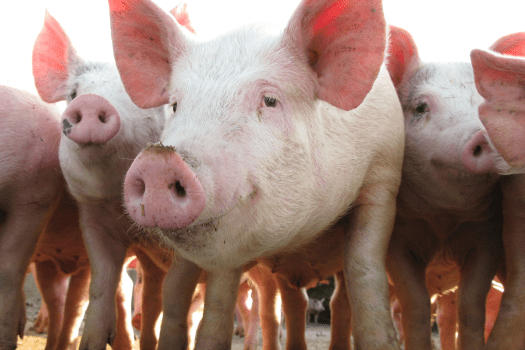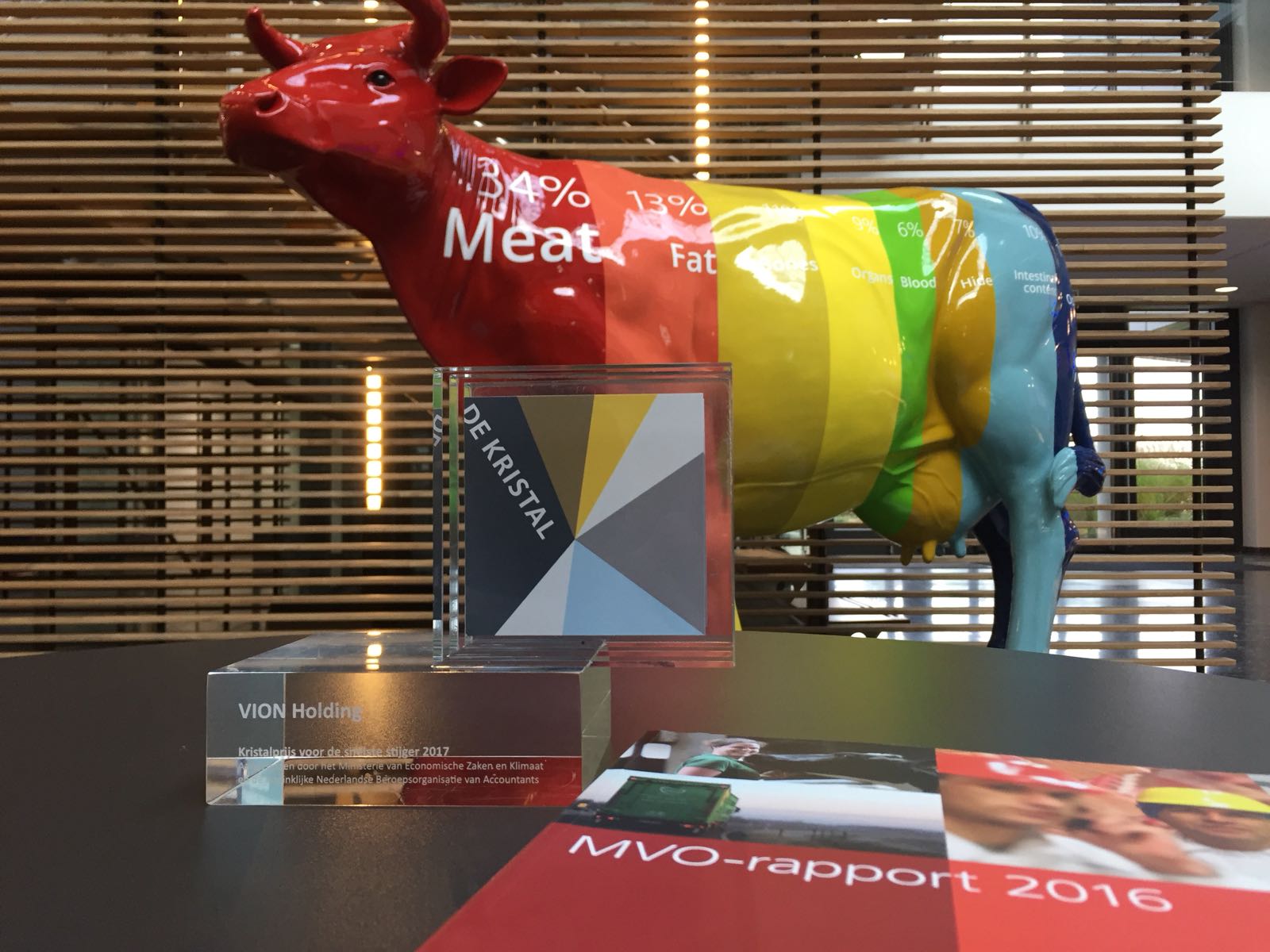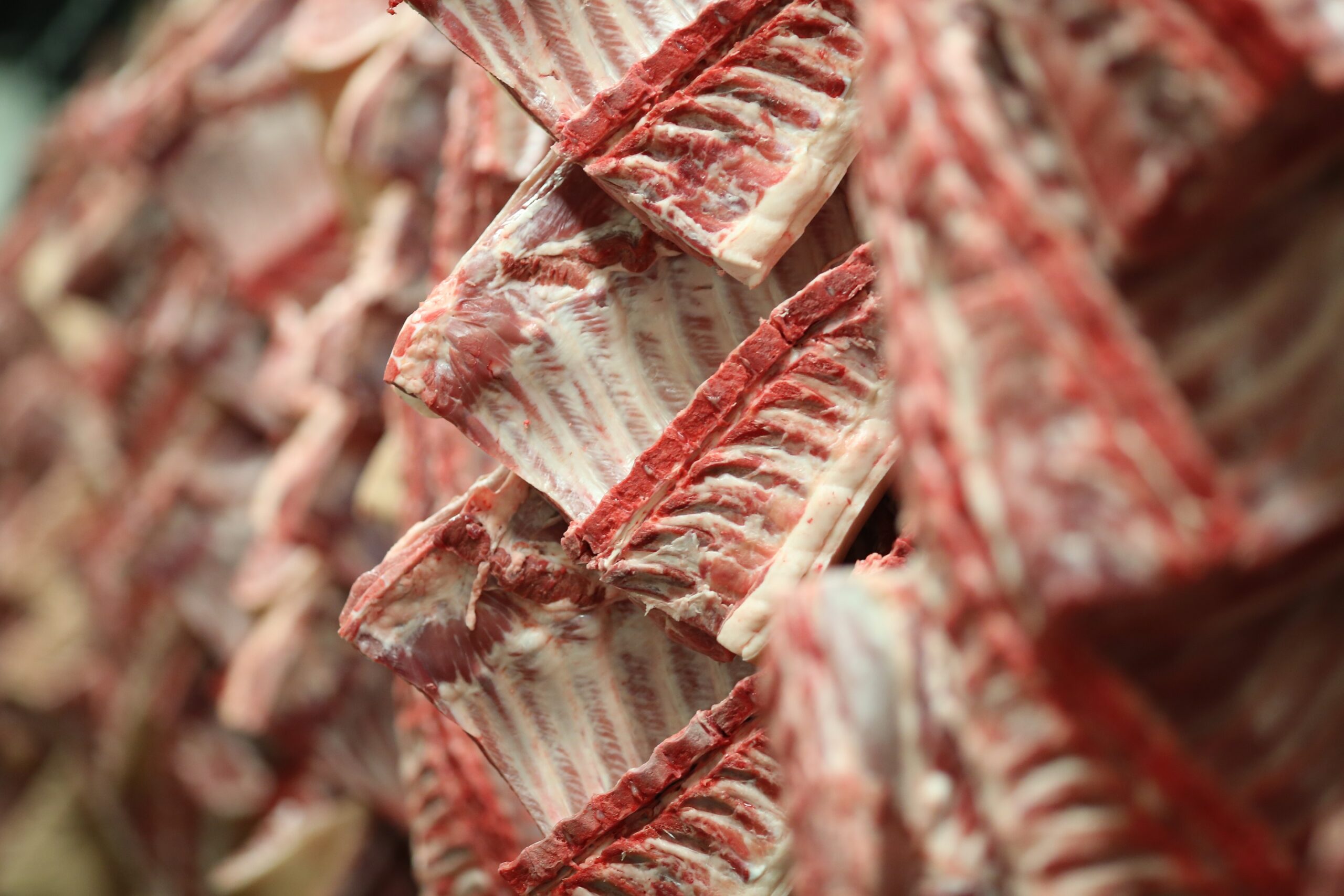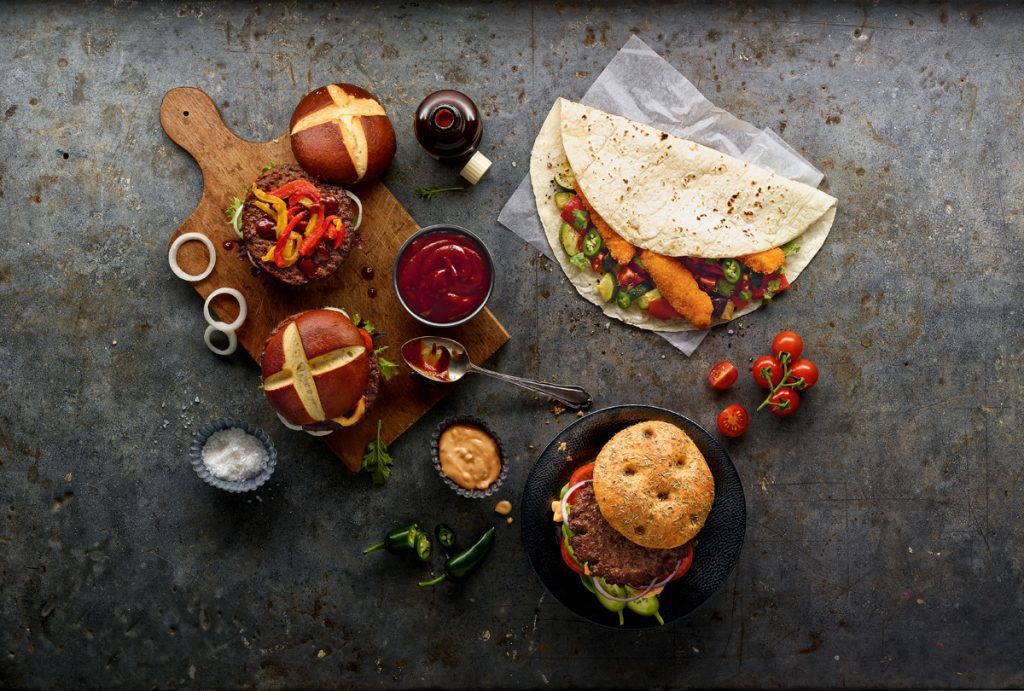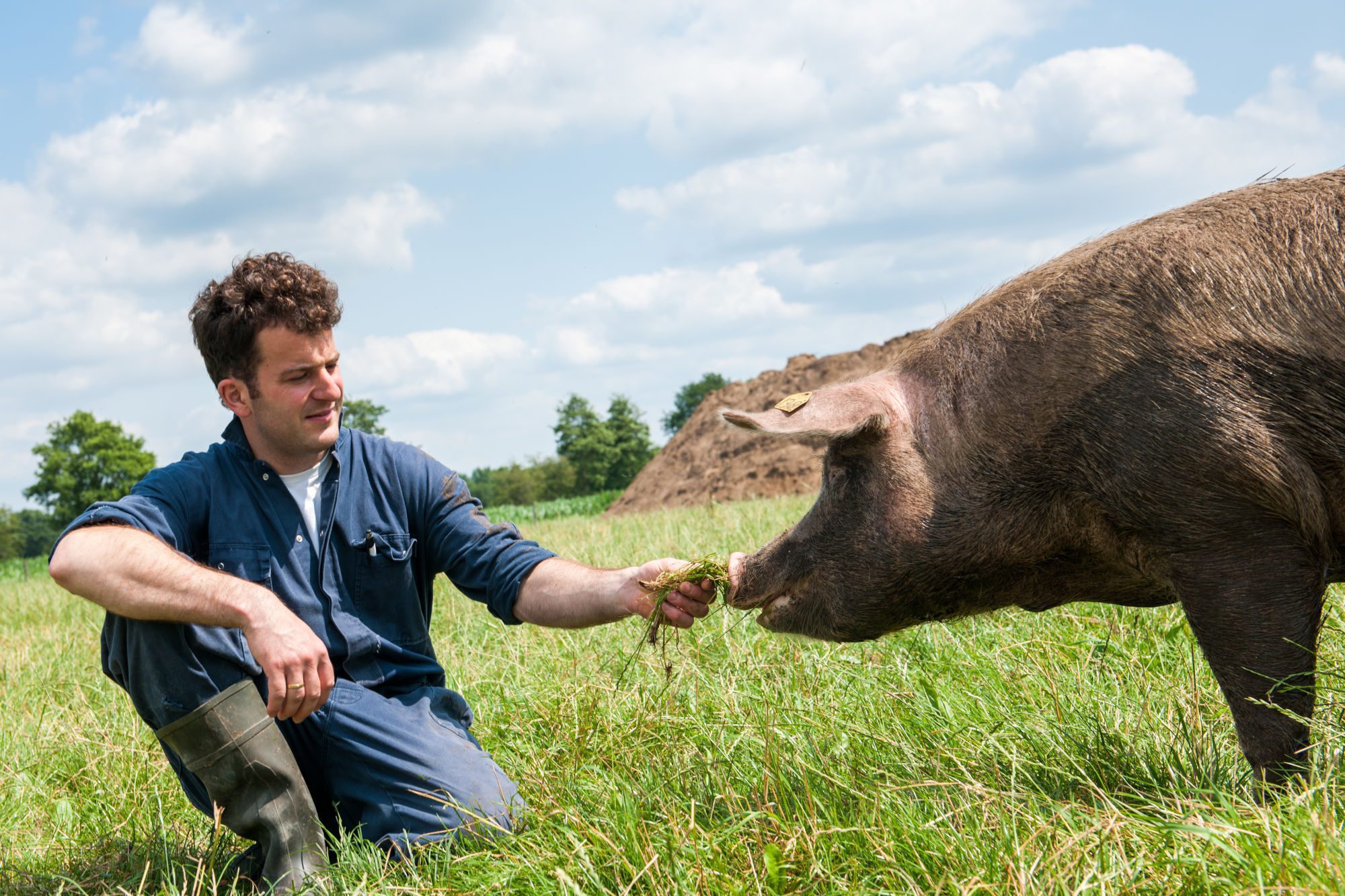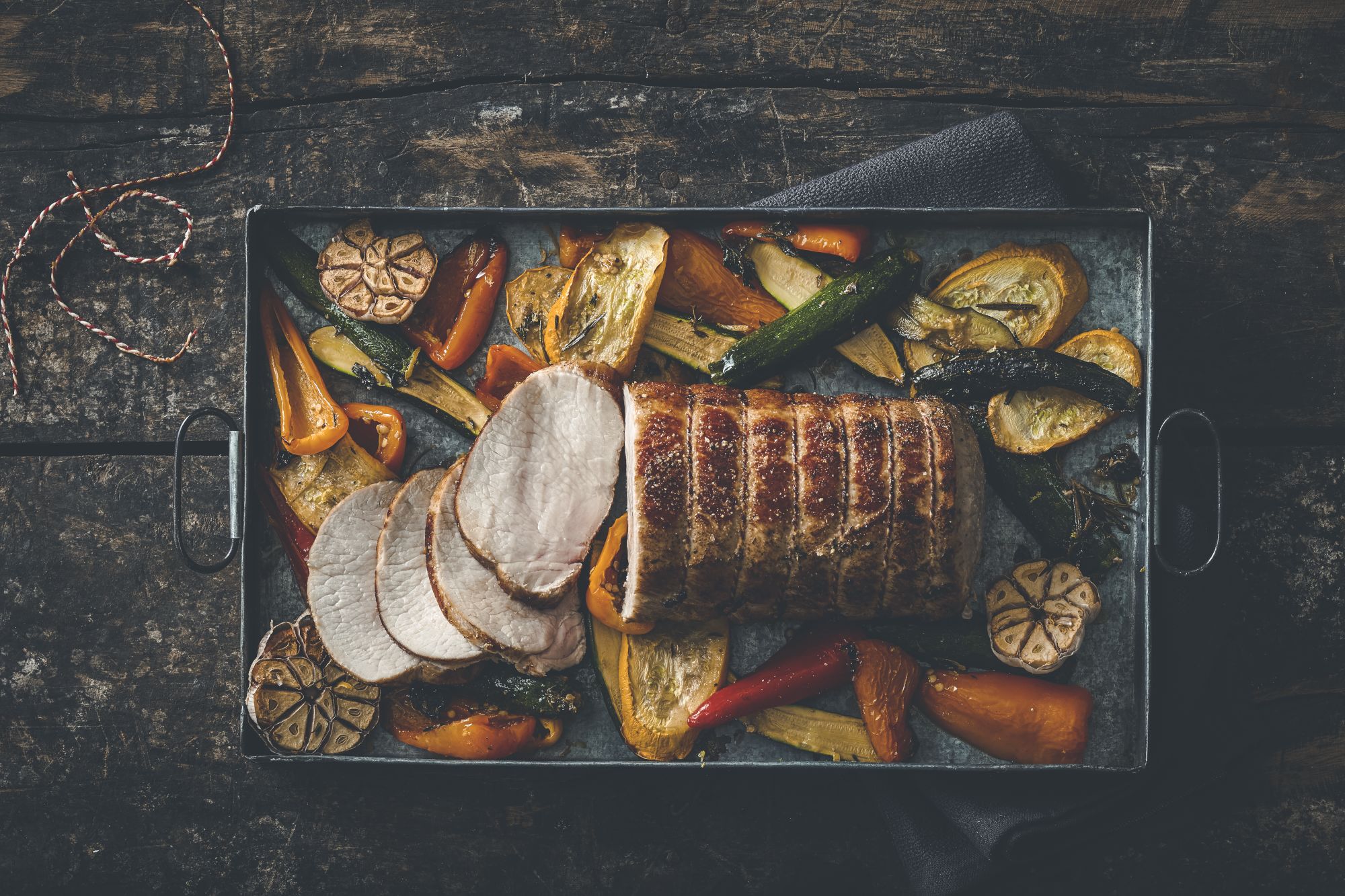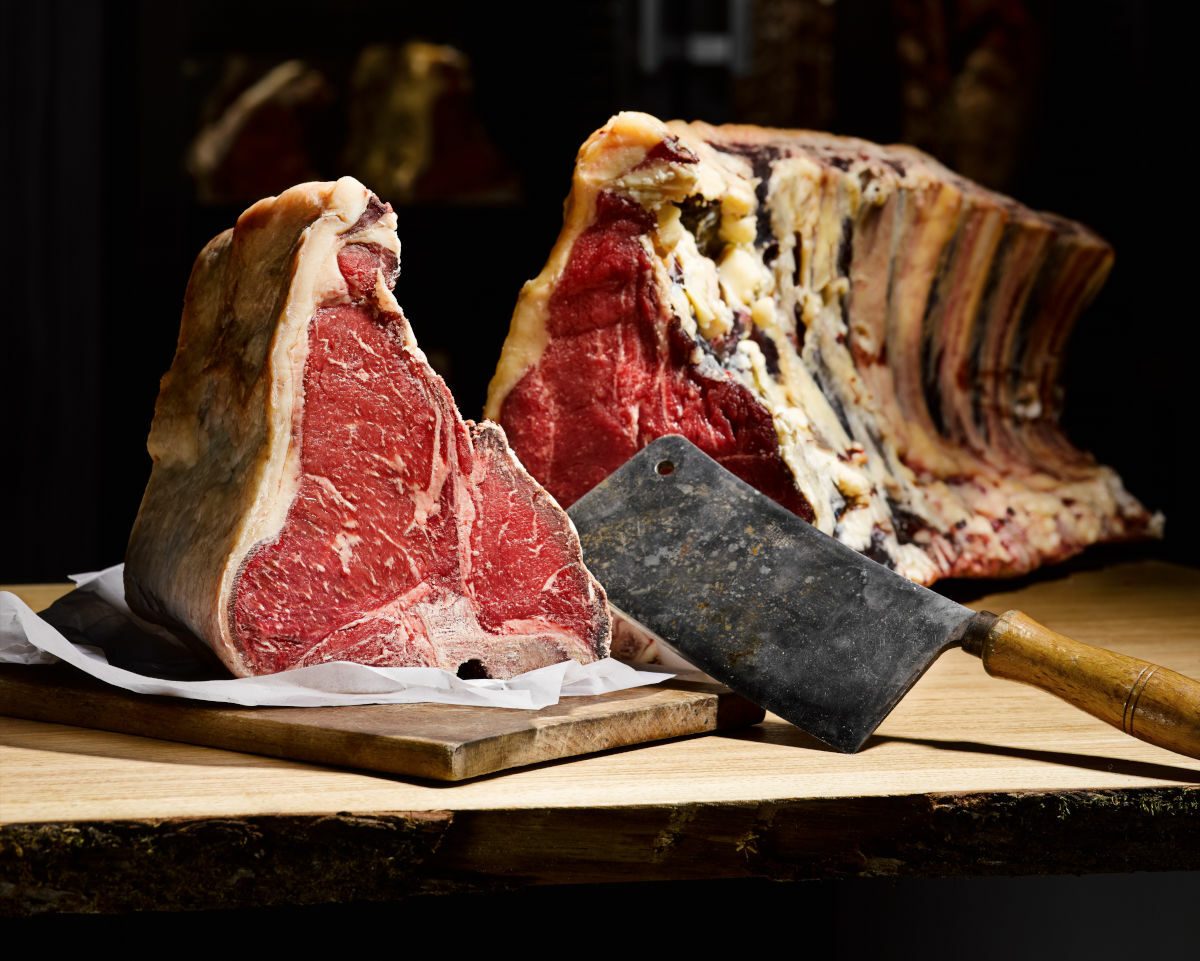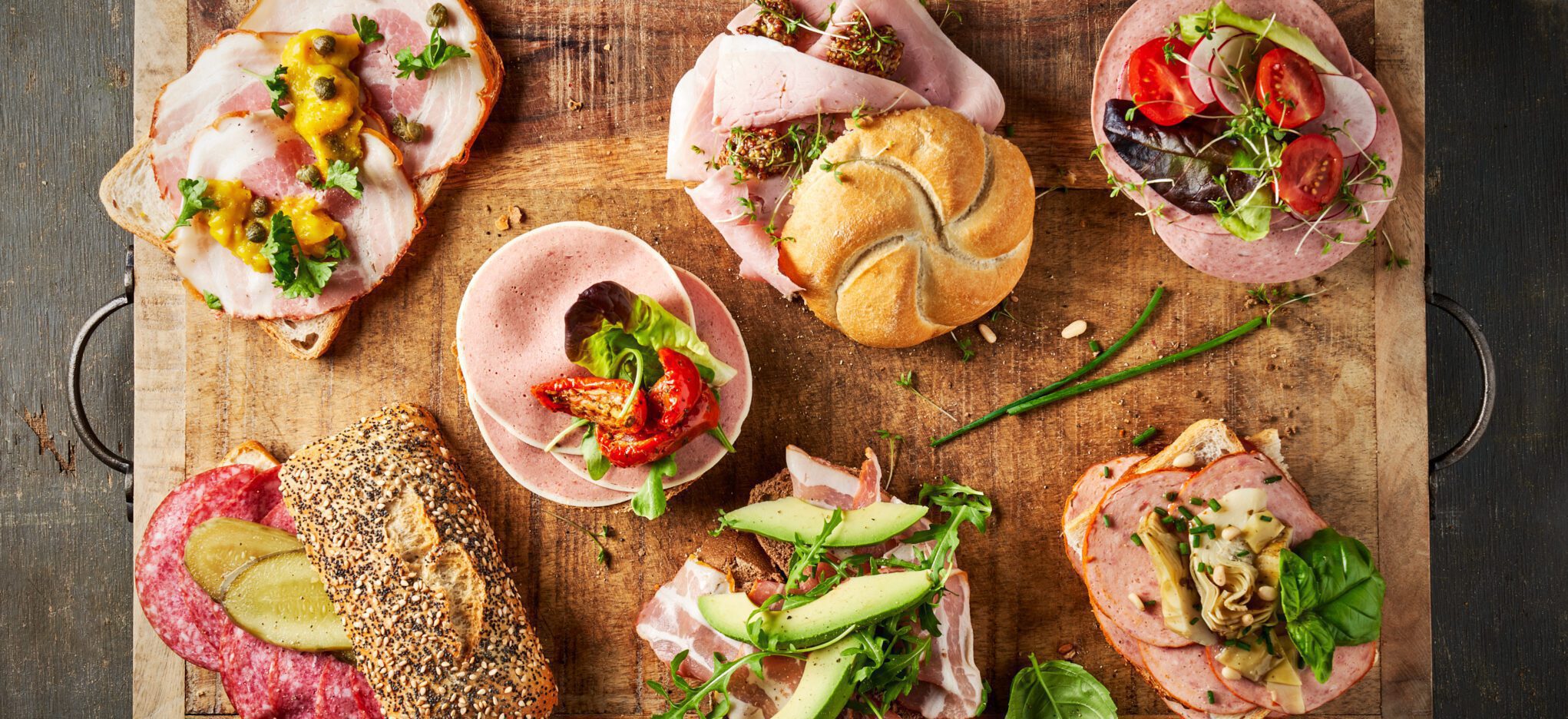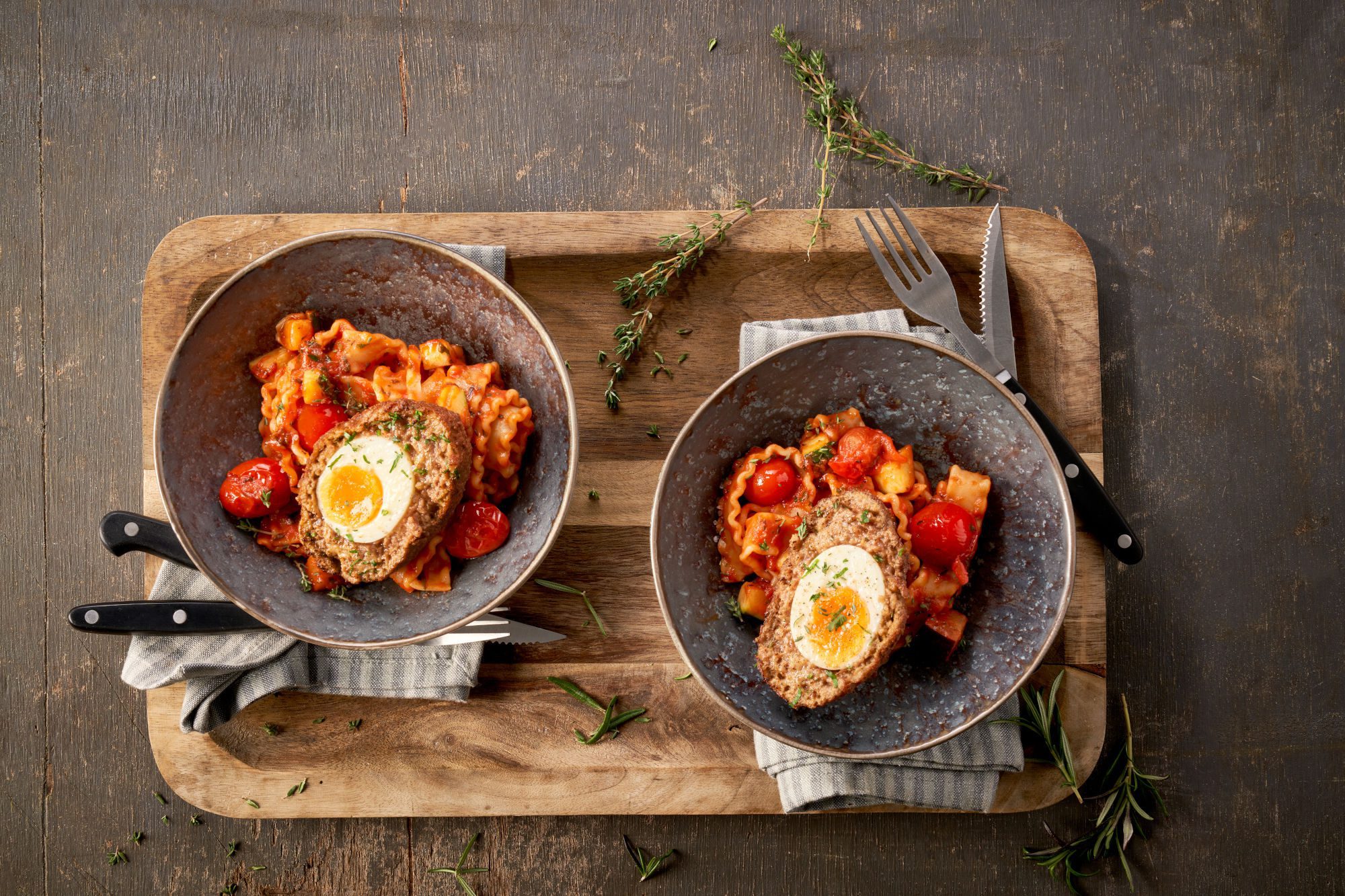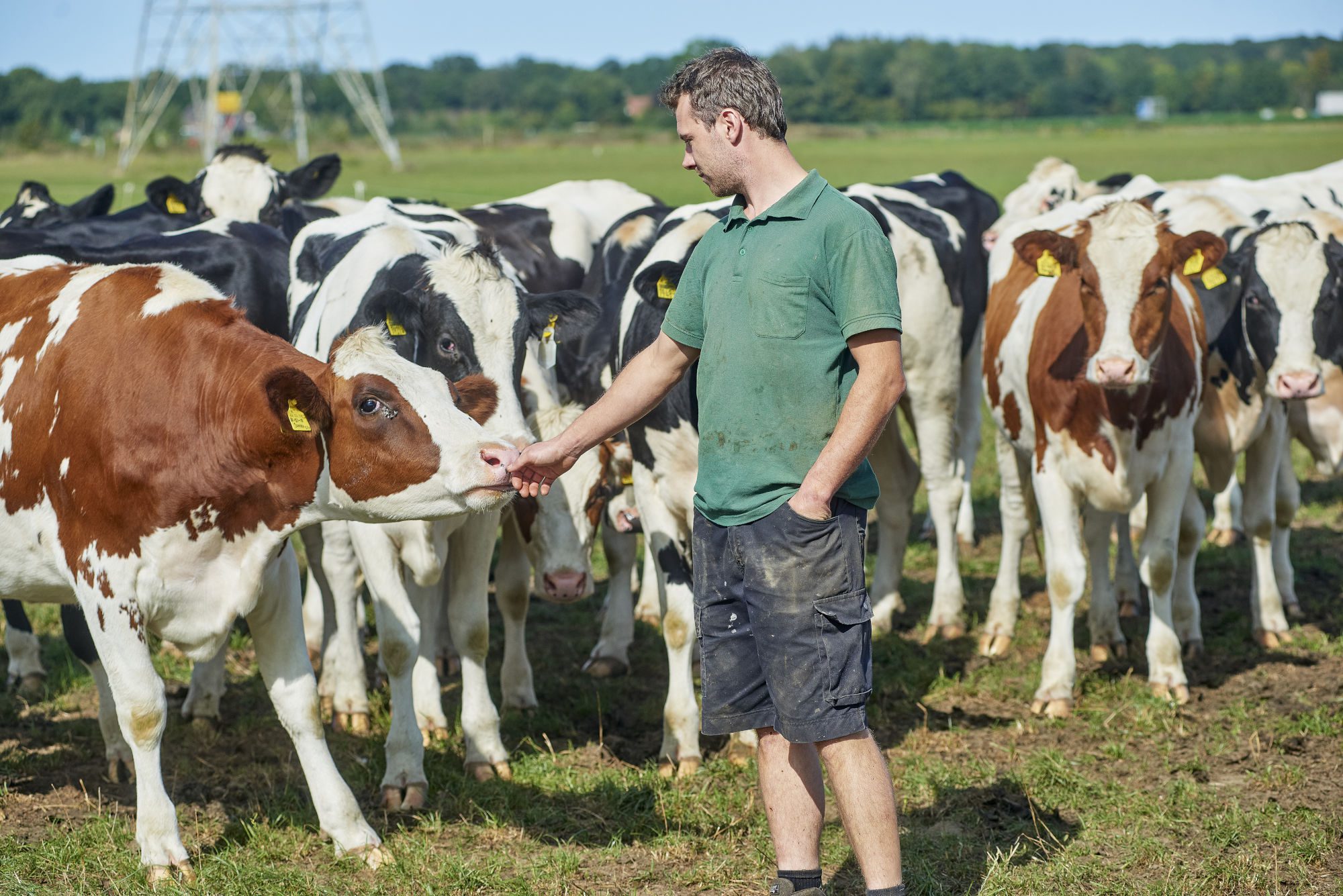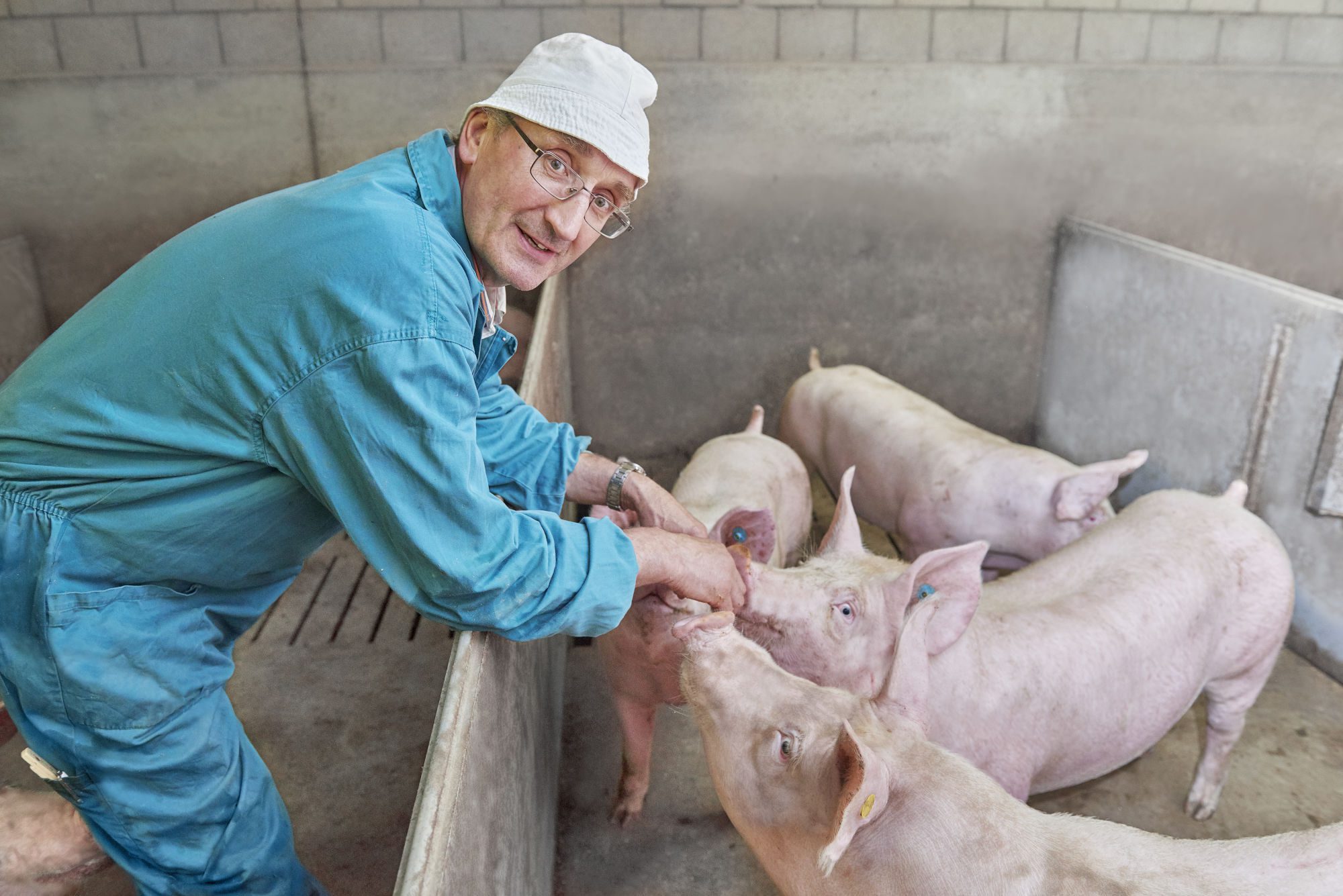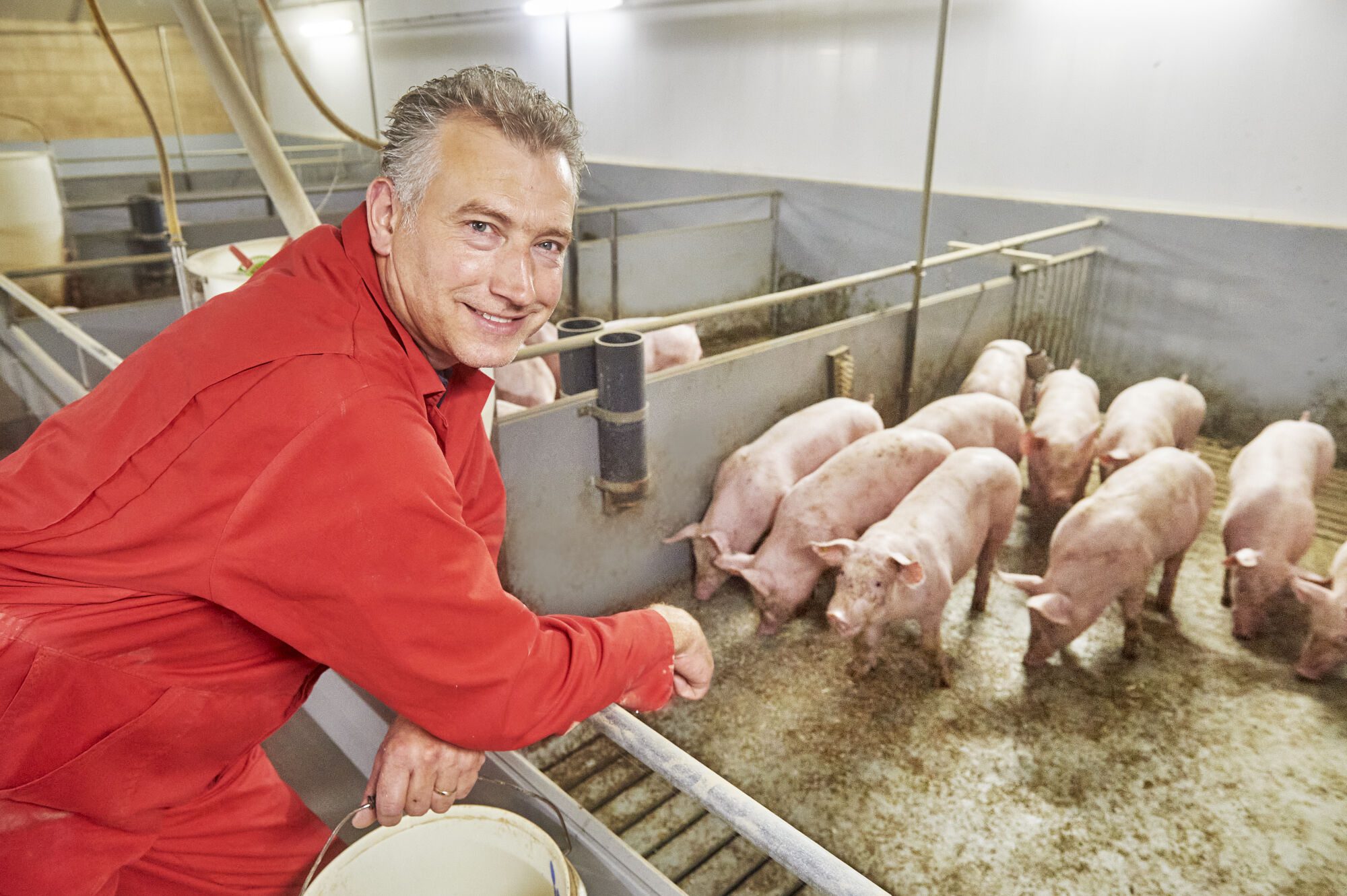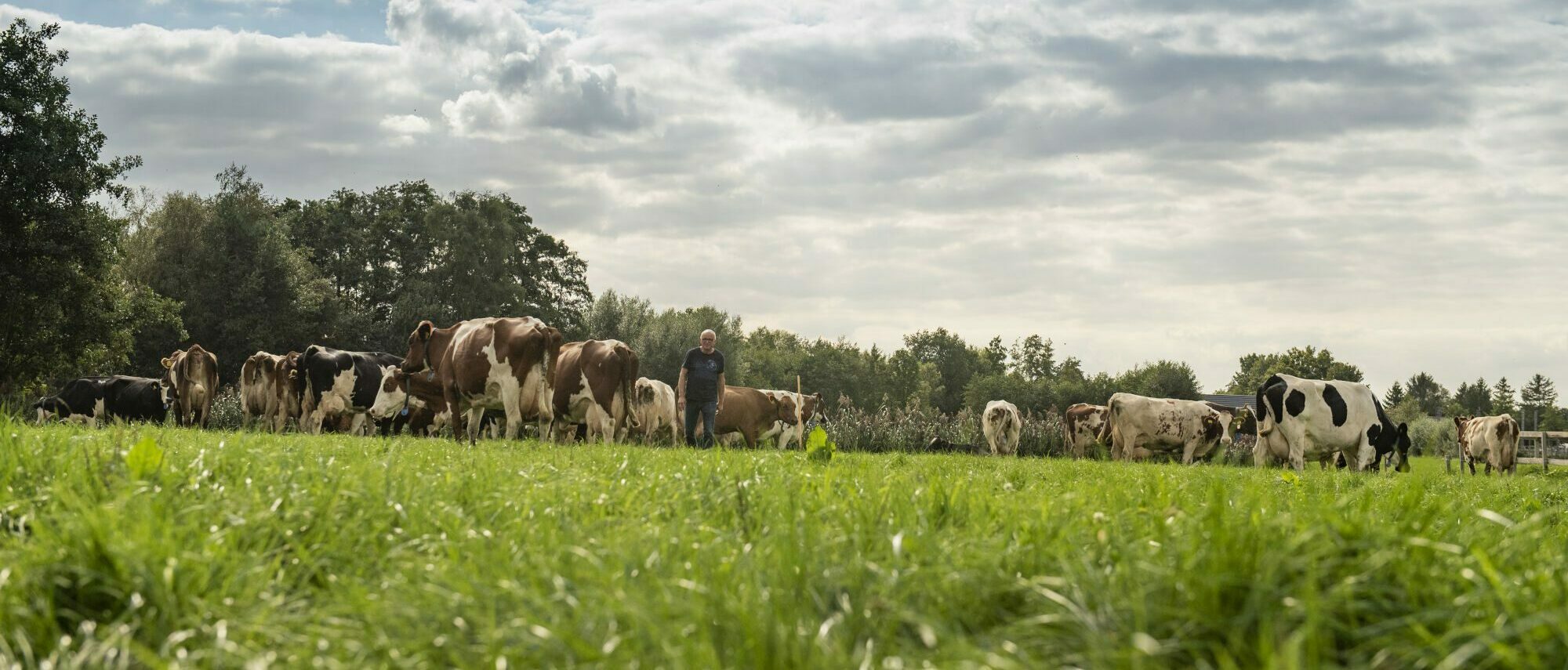
Biodiversity and Ecosystems
Protecting biodiversity across our supply chain
Nearly every food chain begins with planting crops, a process that impacts biodiversity. At Vion, we recognize our role in negative effects such as deforestation from soy and palm use, and biodiversity loss linked to livestock farming through nitrogen, phosphorus, and sulphur depositions. Transportation also adds nitrogen emissions. Positively, by offering organic meat, we support sustainable farming practices that better protect ecosystems and align with SDG target 2.4. Furthermore, we work with our pig farmers to improve biodiversity by providing a toolkit with birdhouses, insect hotels, and practical information to encourage local ecosystem support.
Vion recognises biodiversity as vital for life, a healthy planet, and a secure food supply. Preserving it requires conservation, sustainable practices, and global cooperation. Vion operates seven sites in the Netherlands and five in Germany, without owning farms or converting land in the past 20 years. Nitrogen emissions from fuel use, waste processing, and transport are regulated under environmental legislation, with which Vion fully complies.
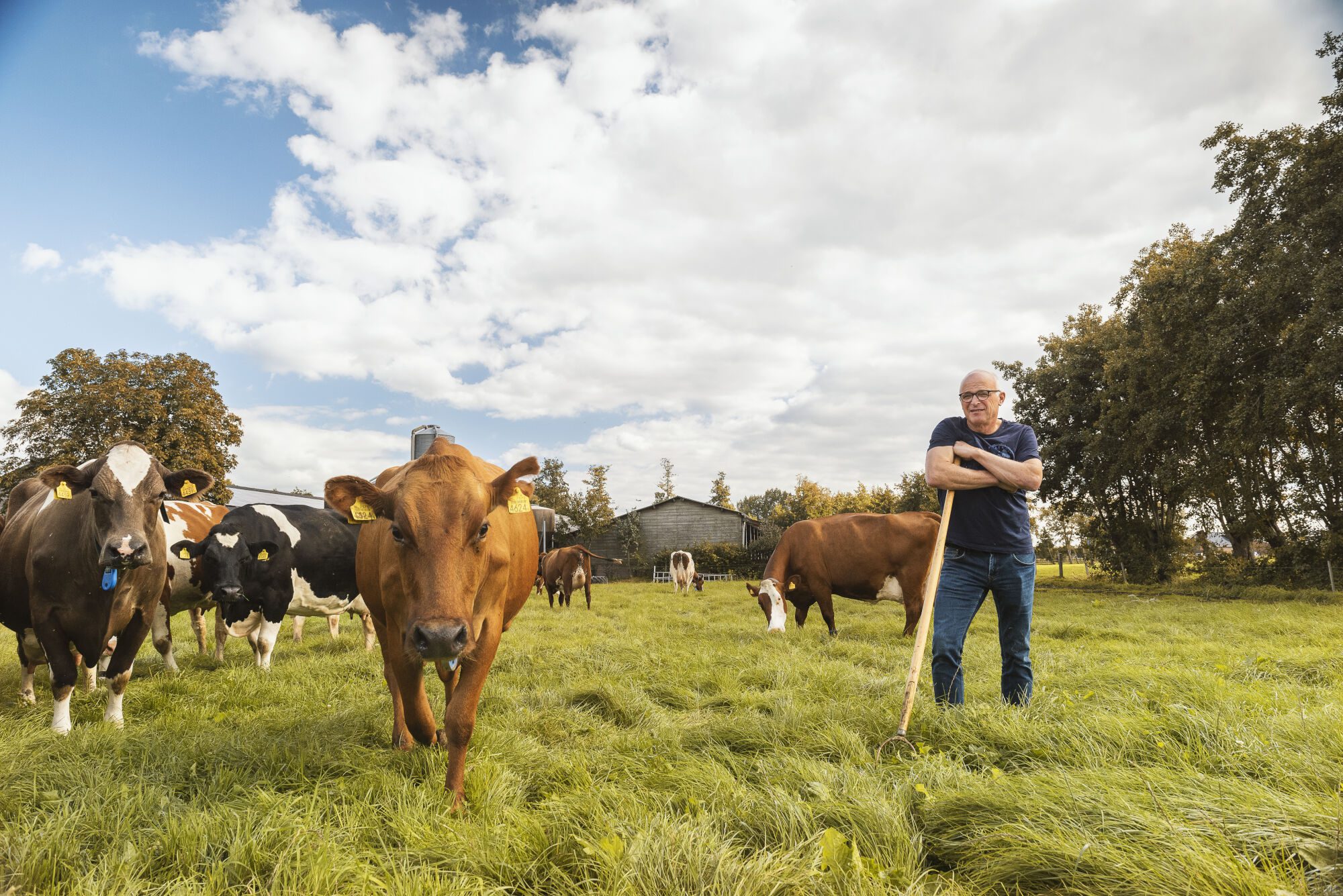
Below are three specific aspects of our policy, providing further insight into our approach:
Farm management
Supply chain impacts on farms stem mainly from ammonia emissions in manure, influenced by stable type, air washer use, and manure storage duration.
Deforestation
Soy is central to Vion’s biodiversity strategy, as sourcing from Brazil and Argentina risks deforestation. To mitigate this, we promoted Round Table on Responsible Soy (RTRS) certification from early-on, which protects forests and ecosystems. Our current focus moves towards assured deforestation-free soy supply chains. In line with our 2030 goal for deforestation-free supply chains, we work with farmers and feed suppliers to halt deforestation, supporting SDG target 15.2.
Organic
To protect biodiversity, Vion promotes organic meat production and builds supply chains for pork and beef. De Groene Weg, Europe’s second-largest organic meat producer and Dutch market leader, processes over 100,000 pigs annually, certified by Skal and the Better Life 3-star label.
The European deforestation regulation
Although the implementation of the European deforestation regulation (EUDR) is delayed until 2026, Vion is already prepared to meet its requirements. We process beef and by-products from EU countries and the UK, with all direct suppliers fully known and traceable. Together with supply chain partners, industry associations (VDF and VleesNL), and government ministries, we are working on practical, industry-wide solutions to ensure compliance.
Vion has conducted a risk analysis to categorise supplying countries using measurable criteria such as corruption levels, forest coverage, and past compliance to practices in line with EUDR. This provides a scientifically sound basis for compliance. Our mainstream beef is not sourced from countries with a high deforestation risk.
The EU and DE, Vion’s home countries, are classified as “low risk” for deforestation in beef production. While due diligence systems are still being developed, we already hold detailed provenance information for the animals we slaughter, meaning little additional data is required.
Vion has internal procedures in place to control deforestation under EUDR and is actively engaging with member state authorities on the details of implementation.
Together with our pig farmers, we actively support local biodiversity by providing practical tools such as birdhouses, insect hotels and guidance to strengthen ecosystems.
News & stories
Actions
In 2026 we will proceed with several actions attempting to halt deforestation in our supply chain. These actions include:
- Developing a methodology to separately report the land-use change component of the carbon footprint calculation of beef and pork
- Setting the benchmark for our SBTi-reference year of 2021
- Estimating the annual reduction percentages until 2025
- Having continuous dialogues with feed companies to examine ways to reduce the land-use change component of pigfeed
- Continuing the pilots that started in 2025 to assess the reduction potential and additional costs
- In 2025, Vion joined the Dutch foundation United Against Food Waste in a coalition promoting circular feed. By using food industry by-products and former foodstuffs in pig diets, the initiative aims to reduce waste and convert it into edible products. The coalition examines benefits and risks while working to set new standards.
Regarding nitrogen emissions, we will continue in 2025 and 2026 with developing the calculation methodology and finishing this before Q3 in 2026.
Through the United Against Food Waste coalition, we promote circular feed by using food industry by-products and former foodstuffs to reduce waste and convert it into edible products.
News & stories
Targets
We are committed to strengthening our impact on biodiversity and are currently developing measurable targets to guide this work. At this stage, specific KPIs and data are still being defined, and the formulation of our targets may evolve as our approach matures. By sharing this journey transparently, we aim to demonstrate our dedication to protecting and enhancing biodiversity while building a robust framework for future progress. The following are our current targets.
Empowering farmers
All farmers operating under our recognised supply chain concepts will receive our biodiversity toolkit, including bird houses, insect hotels, information sheets, by 2030
Tackling land-use change
Place more focus on the land-use-change component of the carbon footprint of farmers that supply animals to Vion and support our scope 3 FLAG emission reduction goals.

